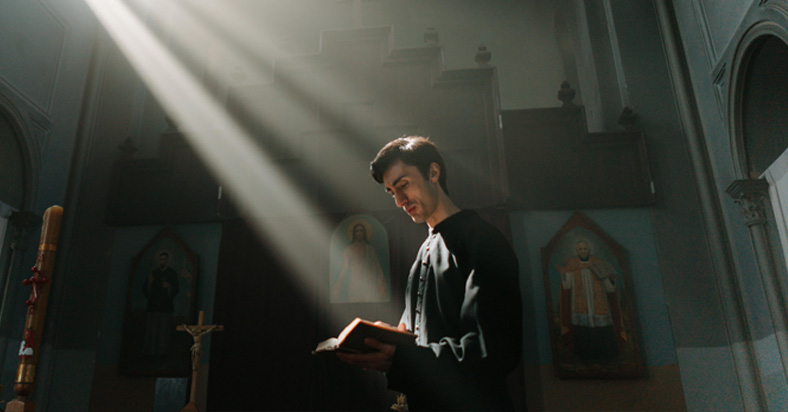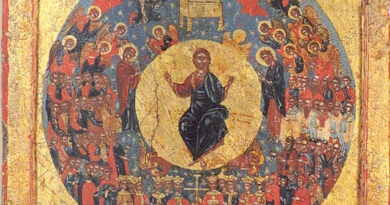The Ministry of Exorcism in the Roman Catholic Church
Exorcism is a ministry that has been part of the Roman Catholic Church for centuries, yet it is often misunderstood and sometimes even trivialized in popular culture. Contrary to sensationalized portrayals, exorcism is a serious, life-saving ministry that demands extensive study, training, and a deep commitment to the spiritual welfare of individuals.
Historical and Theological Foundations
Exorcism’s roots can be traced back to the New Testament, where Jesus Christ himself is depicted as casting out demons. This practice was carried forward by the early Church and remains a significant, though specialized, ministry within the Roman Catholic Church today. The Church views exorcism as a sacramental, meaning it is a sacred sign instituted by the Church to sanctify and protect the faithful from the influence of evil.
Training and Qualifications of an Exorcist
Exorcism is not performed by just any priest. According to the United States Conference of Catholic Bishops, a diocesan bishop must appoint a priest to the role of exorcist, either permanently or for a specific occasion. This appointment is guided by Canon 1172 §2 of the Code of Canon Law, which states that the chosen priest must be distinguished for his piety, knowledge, prudence, and integrity of life.
Fr. Gabriele Amorth, who served as the Chief Exorcist of the Diocese of Rome, emphasized that exorcists require specific training and personal sanctity. An exorcist must possess a solid theological and spiritual foundation, a deep understanding of the sacramental life of the Church, and the ability to remain spiritually and emotionally balanced.
The Process of Training
Traditionally, training for exorcists has followed an apprenticeship model, where a novice exorcist learns under the guidance of an experienced mentor. This hands-on approach allows the trainee to gain practical experience while being supported by someone seasoned in the ministry. In recent years, formal programs have been established to provide structured training for exorcists, ensuring that they are well-prepared for the complexities of the role.
Conducting an Exorcism
The ritual of exorcism involves specific prayers and rites aimed at expelling evil spirits from afflicted individuals. The exorcist works under the direction of the diocesan bishop, ensuring that the ministry is conducted within the bounds of Church authority and doctrine. The process can be spiritually and emotionally taxing, often involving intense prayer and fasting.
Exorcists must be prepared for the challenging and sometimes dangerous nature of this ministry. Fr. Amorth noted that exorcists could encounter violent responses as they attempt to bring light into the darkness. Therefore, the Church emphasizes the importance of ongoing spiritual support and the guidance of a skilled spiritual director for those engaged in this ministry.
The Importance of Discernment
A critical aspect of the exorcist’s role is discernment. Not every case of perceived demonic possession is genuine; many situations may have psychological or medical explanations. Exorcists must work closely with medical professionals and psychologists to ensure that individuals receive appropriate care. This collaboration helps to prevent unnecessary or harmful exorcisms and ensures that the ministry of exorcism is conducted with the utmost care and responsibility.
Exorcism in the Roman Catholic Church is an important ministry, grounded in centuries of tradition and theological understanding. It requires priests who are not only spiritually and theologically prepared but also possess the prudence and integrity necessary to confront the forces of evil. As the Church continues to navigate the complexities of modern life, the ministry of exorcism remains a vital part of its mission to protect and heal the faithful, offering a profound testament to the power of faith and the enduring battle between good and evil.




